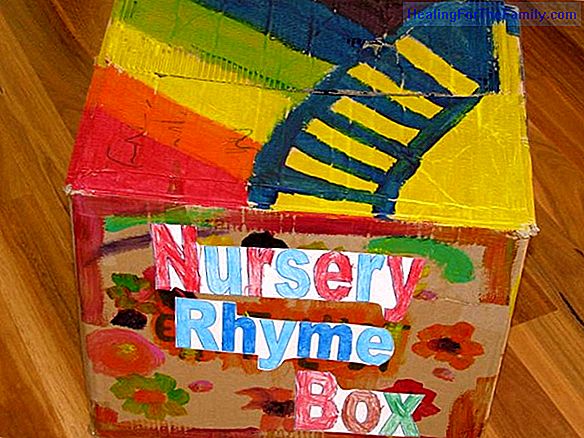Positive parenting
Positive parenting style is a parenting style that is based on respect for children, on raising with love and, above all, on doing it through nonviolent behavior. At present there is a willingness of many parents for the nonviolent upbringing of children, but in many cases parents need support, advi
Positive parenting style is a parenting style that is based on respect for children, on raising with love and, above all, on doing it through nonviolent behavior. At present there is a willingness of many parents for the nonviolent upbringing of children, but in many cases parents need support, advice and tools to manage the challenges and conflicts of family life in a positive way and not violent.
What is positive parenting and what is it?

It is not easy to find a definition of positive parenting, but it does not matter which language you speak or where you are, in positive parenting you work with the same objectives and the parents share a common vision: use caring as base of education.
Positive parenting fosters the relationship between parents and children based on mutual respect, helping the children to develop properly, and that the children are raised so that they know how to relate to others in a non-violent and constructive way . It is important to praise good behavior, setting clear standards, really listening to children, working as a team and of course using positive discipline instead of psychological or physical punishment.
Therefore, positive parenting is the upbringing that recognizes children as individuals with rights that must be respected.
How to get positive upbringing in the home
Although here are some tips to get a positive upbringing in the home, you must remember that it is a lifestyle, beliefs that must be held and respected in the family and above all, you will have to forget about negative discipline in your home.
- Be a good example. Children need the example of their parents. If your child witnesses kind and respectful relationships in the home, they will be more likely to adapt those same values.
- Understand the personality of your child. Each child is different and may need different types of guidance to adapt to their personality. For example, a very active and stubborn child will need another positive discipline approach than a quieter and more reserved child.
- Think about the needs behind the behavior. If your child is jumping on the couch it is because he or she will need to burn energy or maybe because you have been working too much and want to get your attention or just because you are bored.
- Help your child express their feelings. It is very important for communication to work in a family that everyone knows and children are taught to express their feelings and also to share them before they are difficult to control.












